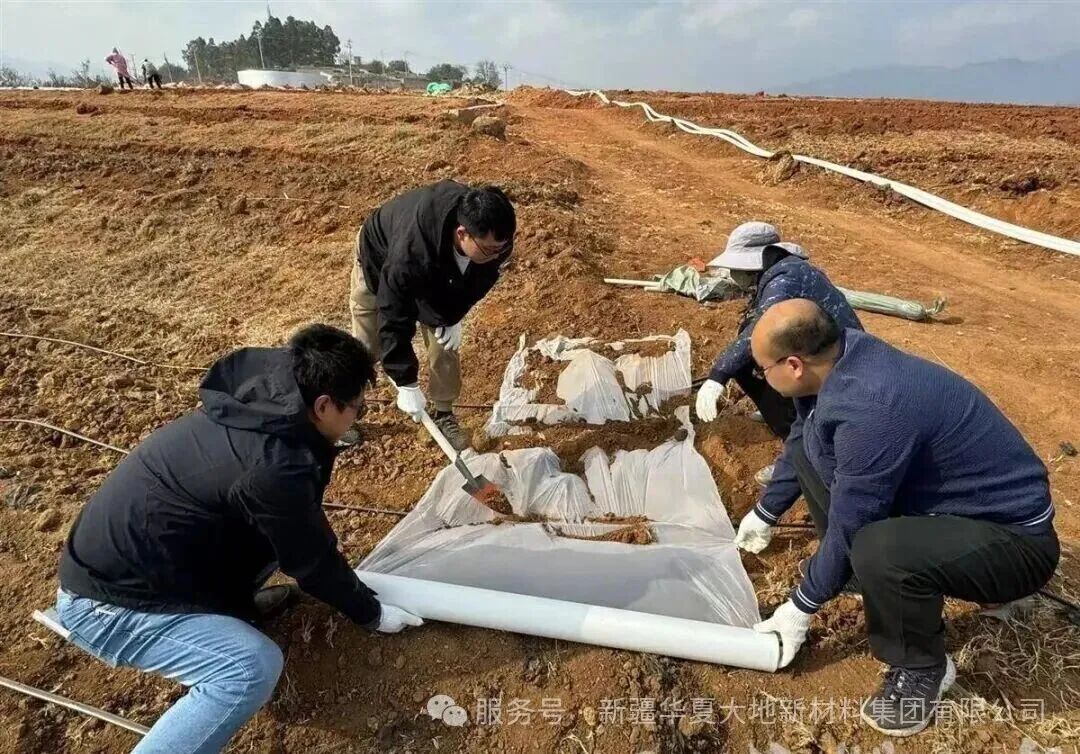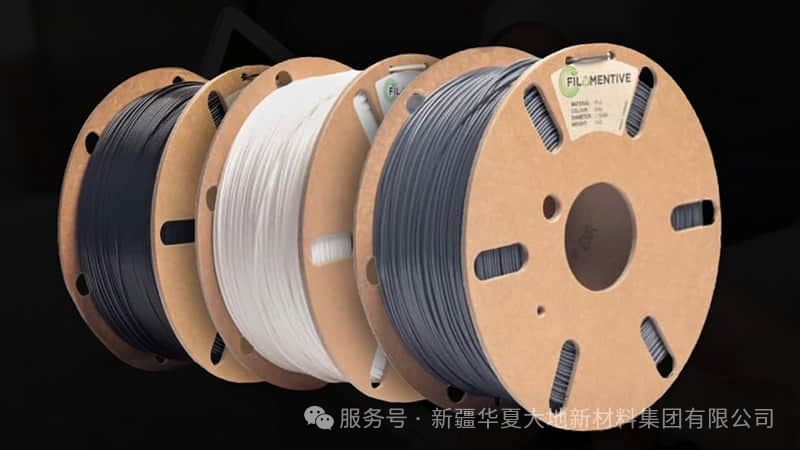Recently, a team led by Professor Li Qiang from the College of Engineering at Huazhong Agricultural University and Hubei Hongshan Laboratory has focused on agricultural "white pollution" and developed a "straw-based fully biodegradable mulch film technology".
Agricultural mulching film plays a significant role in boosting agricultural production and income. However, traditional polyethylene (PE) mulching film is difficult to biodegrade and hard to recycle, and the residual film may cause "white pollution". Meanwhile, agricultural mulching film needs to withstand complex environmental conditions in the field, including wind force, light aging, stretching during mechanical laying, friction during the growth of crops, and soil erosion, which all impose high requirements on the tensile strength, elongation at break, and puncture resistance of the material. The development of low-cost, high-mulching performance biodegradable materials is an urgent need for current industrial development.

"Our core technology is 'transforming waste into treasure', making straw the main component of the plastic film, and achieving a green agricultural closed-loop process of 'straw recycling - plastic film production - field application - degradation and return to the soil'." Professor Li Qiang introduced, "Our team has utilized the in-situ tuning technology of the supramolecular structure of straw cell walls to achieve high-throughput compounding of straw powder and guest polymers, directly reducing the raw material cost by 40%. At the same time, we have developed a green plasticizer technology from straw lignin, replacing traditional industrial plasticizers, which enhances the mechanical properties of the plastic film such as tensile strength and elongation at break to 2 to 4 times the national standard, and can meet the field covering needs of crops throughout their entire growth period."
It is worth noting that the lignin derived from straw not only helps to plasticize and shape the plastic film materials, but also promotes the growth and development of crops. As an organic component of the soil, the lignin can also fertilize the land after being returned to the field.
According to calculations, this technology can precisely control the degradation cycle of the plastic film to be between 40 and 180 days, which can match the growth cycles of different crops. In field trials of rapeseed and rice in Hubei Province, the plastic film can degrade into organic fertilizer after harvest. Currently, the related technology has been implemented in multiple planting scenarios in Yunnan, Hubei, Xinjiang, Sichuan, Jiangsu, etc., and has completed demonstration applications on a hundred-acre scale for crops such as rice, rapeseed, tobacco, sugarcane, cotton, and corn.








